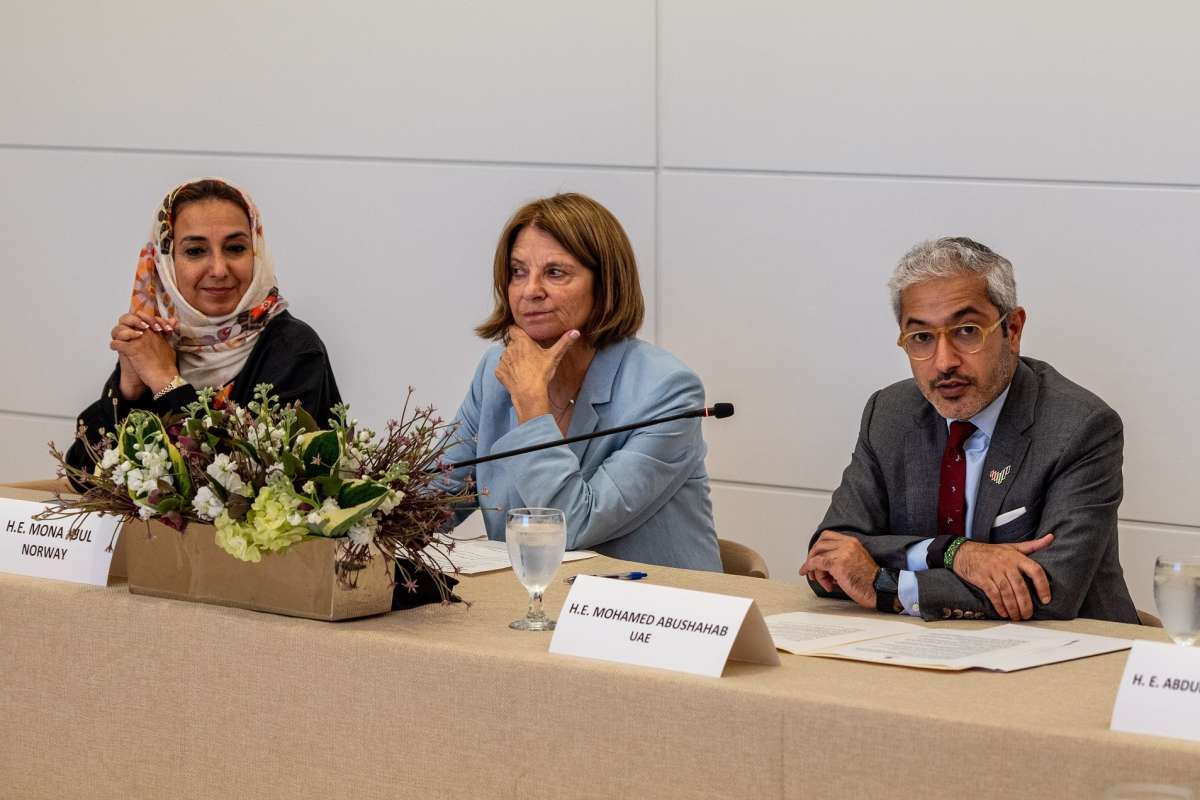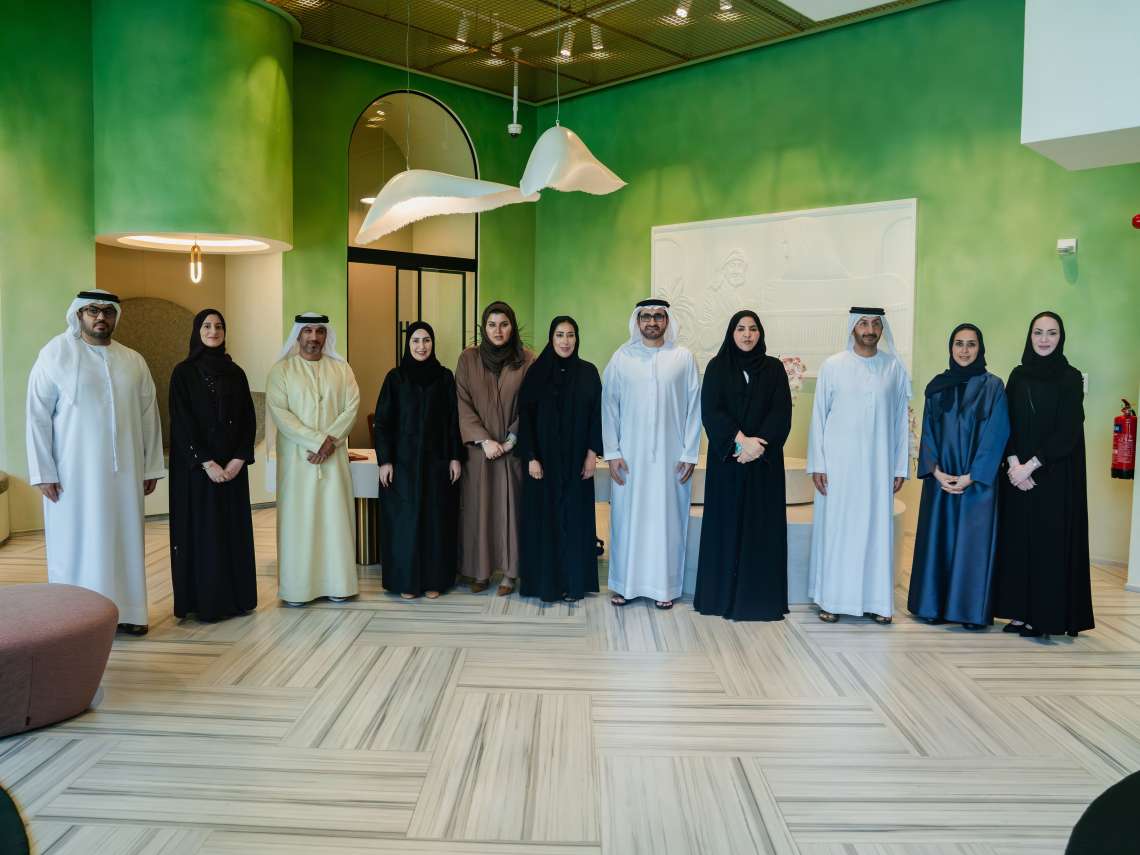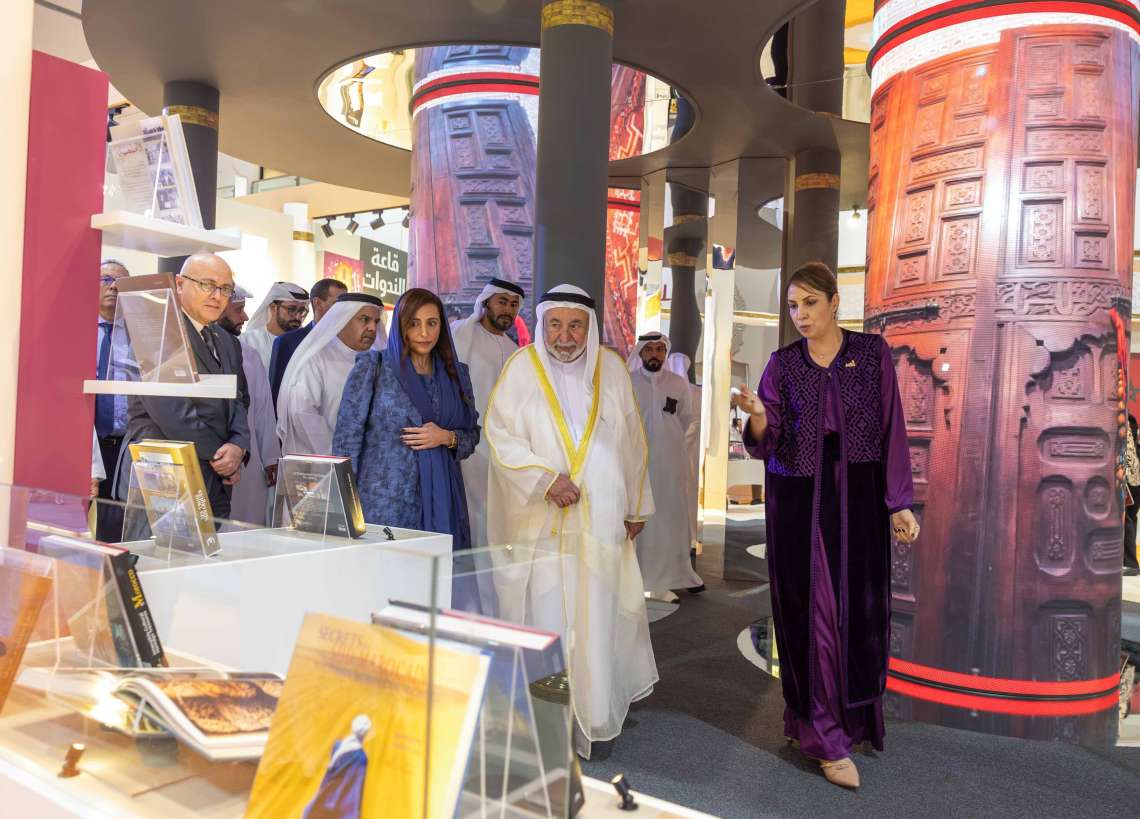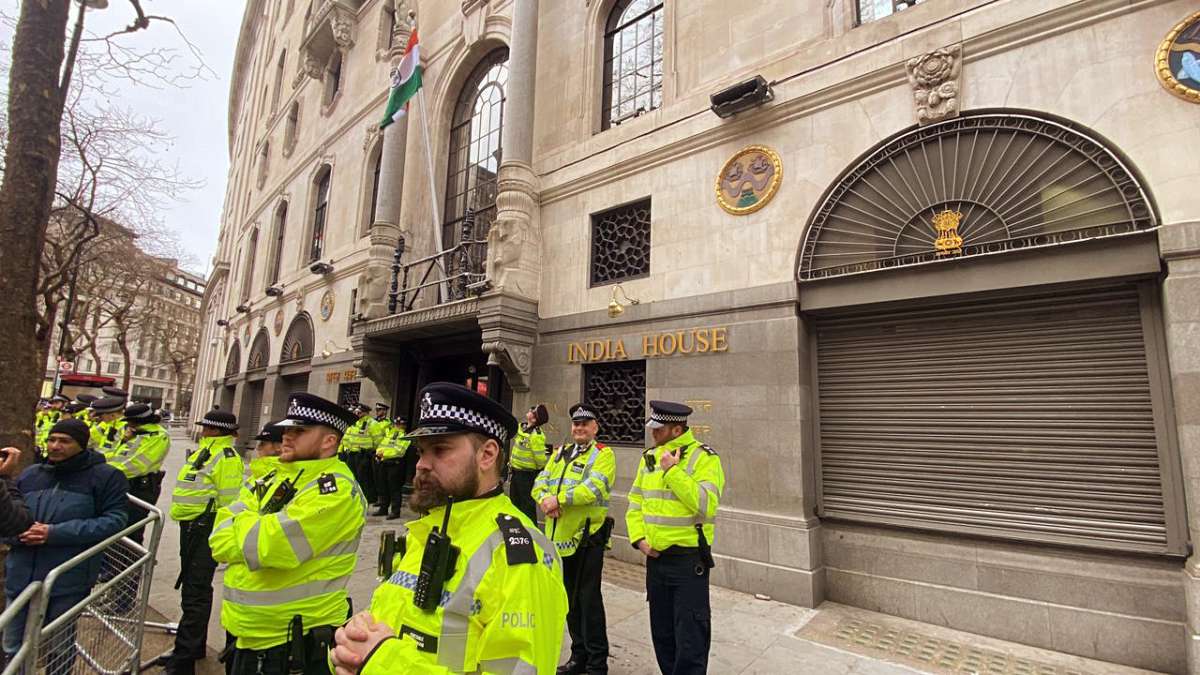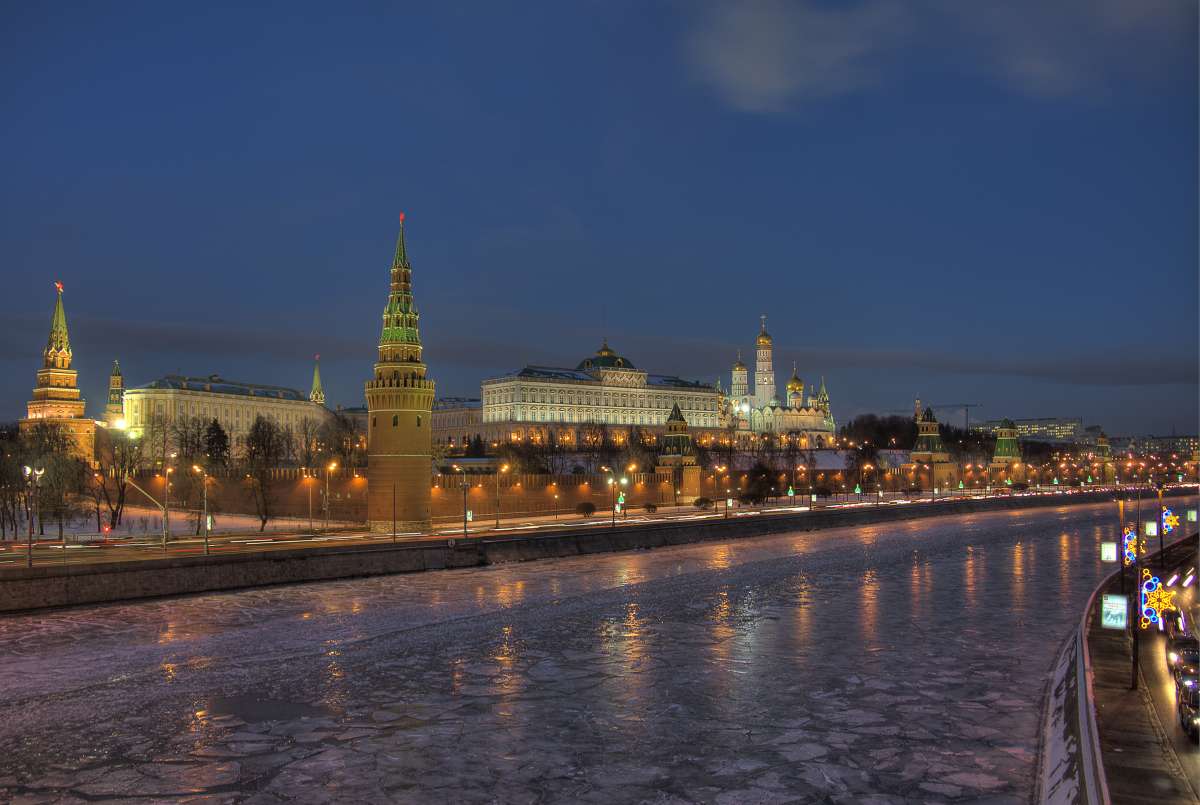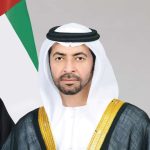Ambassador Mohamed Abushahab emphasised the UAE’s commitment to partnering with the international community to ensure energy security and foster the energy transition…reports Asian Lite News
A senior UAE delegation led an international discussion underlining the importance of incorporating renewable energy into peacekeeping operations around the world.
The Permanent Mission of the UAE to the United Nations in New York hosted the meeting on the key role of the UN’s Energy Charter Treaty (ECT) in peacekeeping operations.
The meeting was one of several events held by the UAE government during the United Nations High-Level Political Forum (UN HLPF) on Sustainable Development, which is organised by the UN Department of Economic and Social Affairs (DESA) and takes place from 10th-19th July at its headquarters in New York.
Ambassador Mohamed Abushahab, Ambassador and Deputy Permanent Representative of the UAE to the UN in New York, delivered an opening speech in which he highlighted the importance of ensuring energy security to aid stability and development around the world. He also emphasised the UAE’s commitment to partnering with the international community to ensure energy security and foster the energy transition to fulfill the sustainable development goals (SDGs).
Dr. Nawal Al Hosany, Permanent Representative of the UAE to the International Renewable Energy Agency (IRENA), also spoke during the meeting; alongside Mona Juul, Permanent Representative of Norway to the UN; David Mozersky from the Powering Peace Initiative; Wilfried Biya, Permanent Observer of IRENA to the United Nations, Chief; Joanna Harvey, Chief of the Enviromental Section of the Under-Secretary-General of the United Nations Department of Operational Support; and Lisa Buttenheim, Assistant Secretary-General for Support Operations at the Department of Operational Support.
Participants described the incorporation of renewable energy in UN peacekeeping operations as a “major opportunity”. The energy transition will help promote development, peace, and security goals, while advancing global climate action, the meeting heard.
Attendees also commended the UAE for introducing a Relief, Recovery, and Peace Day during COP28, which will be hosted by the UAE at Expo City Dubai from 30th November to 12th December 2023. They stressed that the move adds a deeper human dimension to global climate action.
Dr. Al Hosany underscored the significance of the Energy Compact on Renewable Energy for UN Peacekeeping, which was formally signed at the 13th IRENA General Assembly in January earlier this year, just two years after the concept was announced by the UN Department of Peace Operations (UNDPO), UN Department of Operational Support (UNDOS), IRENA, Denmark, Norway, and the UAE.
The Compact commits UN members and partnering international organisations to advancing the use of host-country generated renewable energy in peacekeeping missions.
Al Hosany said, “IRENA and the UAE share a long-standing commitment to accelerating the global energy transition in all contexts. Peacekeeping operations provide a crucial opportunity to enable host countries to deliver on their climate, development, peace, and security objectives, while at the same time building vital infrastructure required to fast-track the energy transition in frontline communities.”
She added, “As the first country in the Middle East to launch a Net Zero by 2050 Strategic Initiative, the UAE remains committed to helping all communities reduce their emissions and enabling sustainable development through the deployment of cutting-edge renewable and clean energy solutions.”
Spearheaded by the UAE, the Energy Compact aims to accelerate the transition of UN peacekeeping operations towards the use of renewable energy through public-private partnerships and local capacity building, while simultaneously expanding the positive impact of global peacekeeping missions to further benefit host communities.
The Energy Compact is a critical driver of the renewable energy transition in international peacekeeping operations across Central African Republic, Democratic Republic of the Congo, Republic of Mali, Federal Republic of Somalia, Republic of South Sudan, Republic of Cyprus. It engages international organisations, various sectors, and stakeholders to push a seamless energy transition.
Since its establishment in 2012, the High-level Political Forum on Sustainable Development (HLPF) has served as the primary platform for the UN to discuss progress on the SDGs and has played a central role in monitoring and reviewing the implementation of the 2030 Agenda for Sustainable Development.
This year, the forum is held under the theme of “Accelerating the Recovery from the Coronavirus Disease (COVID-19) and the Full Implementation of the 2030 Agenda for Sustainable Development at all levels”. During the forum, there will be an in-depth review of SDGs 6, 7, 9, 11, and 17, focusing on various aspects of sustainable development related to water and sanitation (SDG 6), clean and affordable energy (SDG 7), resilient infrastructure and industrialisation (SDG 9), sustainable cities and communities (SDG 11), and global partnerships for sustainable development (SDG 17).
ALSO READ:


